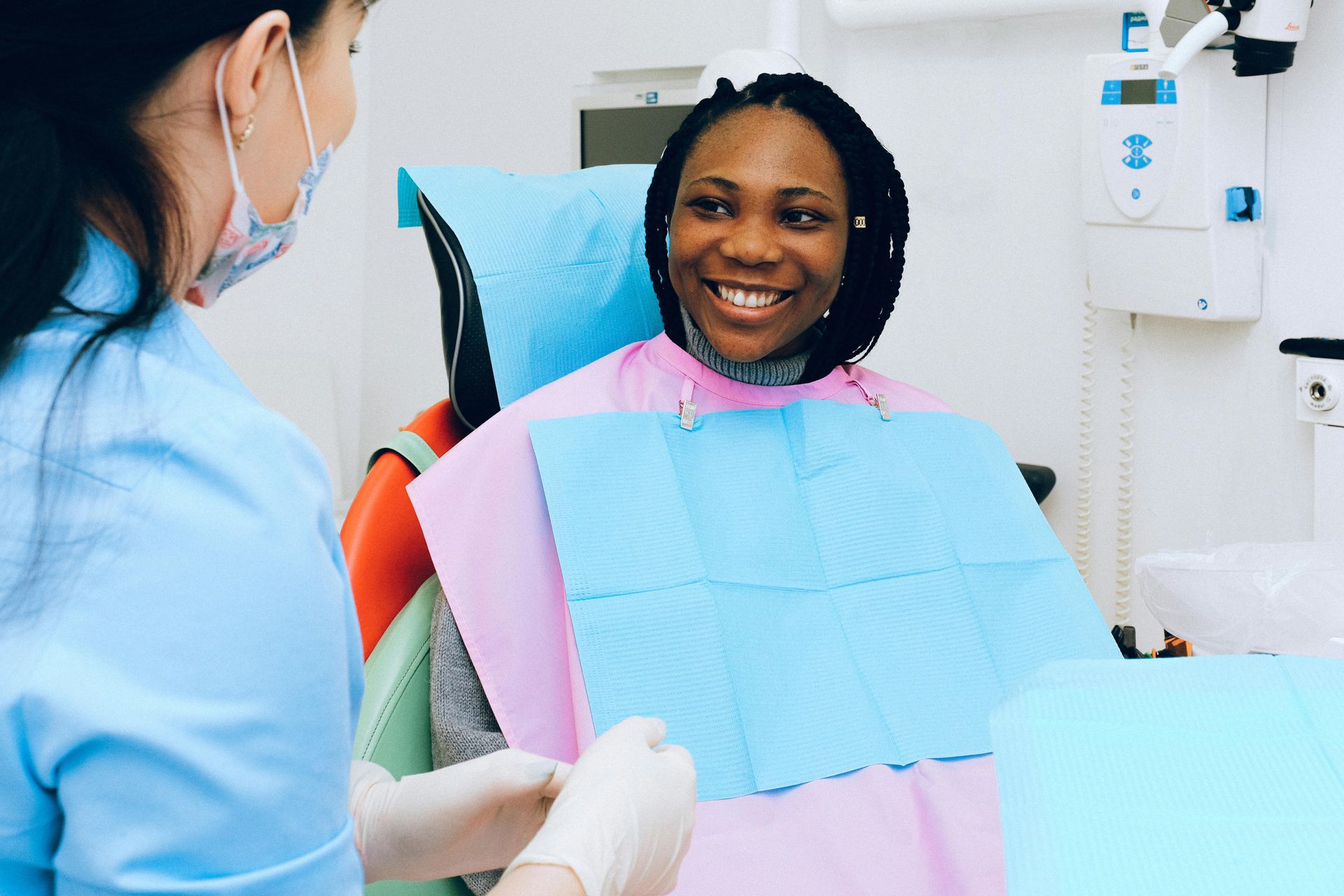Are Probiotics Good For Your Teeth?
September 15, 2022
Most of us know that probiotics – the bacteria and yeasts that are good for you – benefit our digestive tract, but what other beneficial effects do they have?
While the Food and Drug Administration has not officially placed its stamp of approval on the use of probiotics to promote oral health, several recent studies indicate that these good bacteria and yeasts can be good for our teeth and gums.
The Benefits of Probiotics For Your Oral Health
While probiotics work by being ingested in targeting your gut health, they can also affect your oral hygiene and health. Unlike harmful bacteria that can lead to illnesses, infection, and decay, probiotics help keep your gut balanced with healthy bacteria.
Listed below are a few ways in which probiotics might promote better oral hygiene and oral health.
Prevention of plaque and tooth decay
Our mouths are loaded with bacteria, both good and bad. Streptococcus mutans, a certain type of bad bacteria, turns sugar into lactic acid in the mouth and creates an acidic environment contributing to the development of plaque and tooth decay.
On the other hand, a common probiotic in the digestive system, Bifidobacterium, has been found to prevent tooth decay by reducing the number of Strep bacteria in the mouth. A good balance between these two types of bacteria could slow down or prevent decay that can lead to a filling, tooth repair, or root canal.
Managing the symptoms of gingivitis and gum inflammation
Gingivitis is a common gum (periodontal) disease known for symptoms such as sensitive teeth and sore, swollen, and bleeding gums. A recent study of individuals with gum disease found that those receiving a supplement containing Lactobacillus reuteri probiotic displayed few symptoms and had less plaque than those participants in the study who were given a placebo. A similar study found that participants taking supplements containing the bacteria Lactobacillus brevis had a marked decrease in oral inflammation.
Prevention of halitosis
Bad breath is often caused by an imbalance of harmful bacteria in the mouth and gut. Several studies seem to indicate that daily doses of Lactobacillus brevis substantially reduced the number of harmful bacteria in the mouth.
Possible prevention of oral cancer
A study conducted in 2013 found that a bacteria known as Lactobacillus salivarius reduced oral cancer in rats, but additional research needs to be done to see if it would be equally effective in humans. It’s important to note that while ingestive probiotics is beneficial, it shouldn’t be your only source of protection and prevention against disease. You should also maintain a balanced diet, brush your teeth at least twice daily and visit a dental professional for routine checkups.
Sources of Probiotics
Probiotics occur naturally in a number of foods, including yogurt, cultured cottage cheese, buttermilk, kefir, and tempeh. They’re also found in fermented vegetables like sauerkraut and kimchi. You can also consume prebiotics that enhance the absorption of probiotics in your gut. Common prebiotics include onions, artichokes, garlic, and raw asparagus and leeks.
If you think you’re not getting enough probiotics through your diet, numerous supplements are available in the form of pills, capsules, and powders. Before taking any supplements, however, be sure to consult with your primary care physician.
Stephens Dentistry – Your Evanston Dental Clinic
To sum up, probiotics can play a role in your dental health, but you also need daily brushing and flossing, and regular cleanings and checkups. At Stephens Dentistry we are dedicated to helping you maintain your oral health with our variety of services that include preventive, restorative, and cosmetic dental care.
Don’t neglect your dental health. Contact Stephens Dentistry today to schedule an appointment.
The post Are Probiotics Good For Your Teeth? appeared first on Stephens Dentistry.







